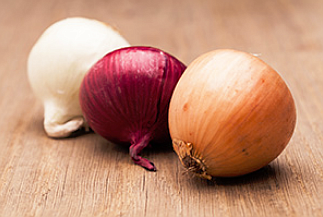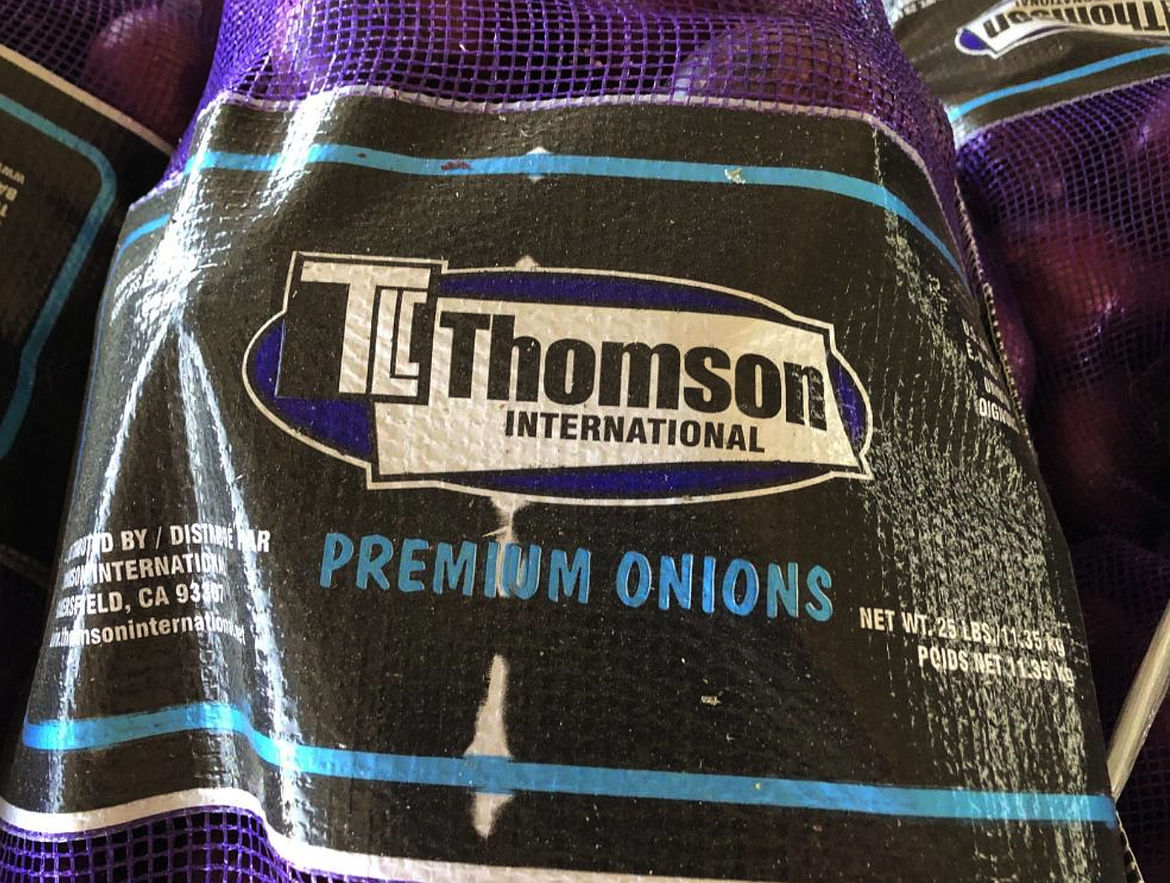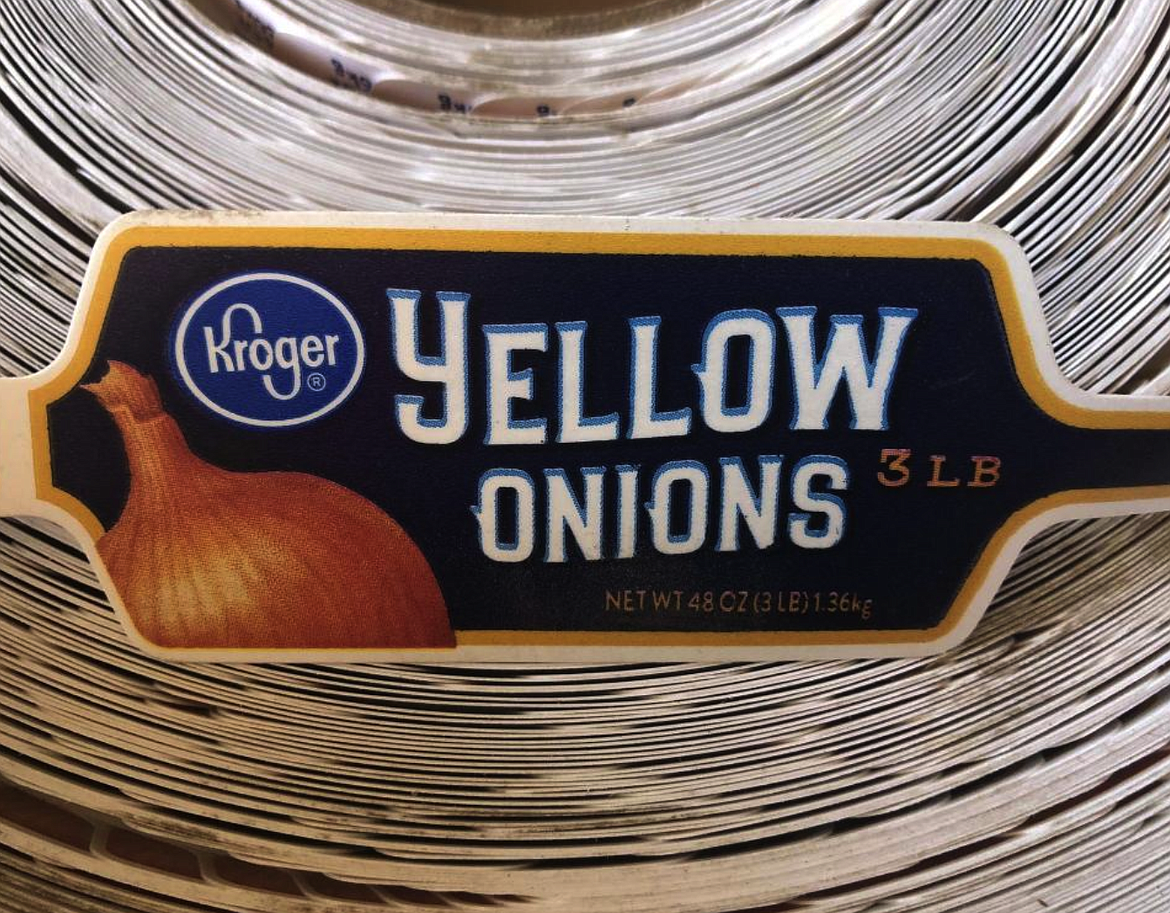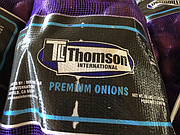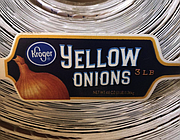Check your red onions — they might be unsafe
North Idaho registers salmonella cases
Onions distributed by Thomson International, Inc. are the likely source of a salmonella newport outbreak that has been affecting the United States since late June.
The outbreak has sickened more than 660 people in 45 states, including 26 in Idaho, according to a news release from the Idaho Department of Health and Welfare urging Idahoans to be aware of this rash of salmonella cases. Seven of the cases in Idaho are in the five northern counties: Benewah, Boundary, Kootenai, Shoshone and Bonner.
Interviews with those infected suggest that contaminated red onions are most likely the source of the salmonella bacteria. They reported eating raw onions in fresh foods such as sandwiches, salads, wraps, salsas and dips.
“Because onions have a fairly long shelf life, we are concerned that consumers may still have these products in their homes,” said Leslie Tengelsen, epidemiologist with the Division of Public Health in DHW. “We recommend that you throw away any onions you have in your pantry."
Onions were distributed to wholesalers, restaurants and retail stores in all 50 states, the District of Columbia and Canada. Onions were sold in cartons, weighing five to 50 pounds in and mesh sacks ranging from two to 50 pounds.
Thomson International is based in Bakersfield, Calif., and includes these brands:
Thomson Premium
TLC Thomson International
Tender Loving Care
El Competitor
Hartley’s Best
Onions 52
Majestic
Imperial Fresh
Kroger
Utah Onions
Food Lion
Carrie Sampson is a sales associate at US Foods, a food supplier and distributor that operates out of Spokane and distributes to the Inland Northwest and across the country. She said staying safe among this salmonella outbreak is all about doing your research.
"It's not all red onions," said Sampson, of Coeur d'Alene. "It's a particular producer, so you need to make sure they came from them before you panic."
She said consumers will want to make sure they look at packaging and find where their onions were produced.
"If you see Thomson International, throw it away immediately. Don’t use them," she said. "Depending on where you shop, you can find out through your grocery store where they get their produce."
Because of the processes used to grow and harvest onions, other types of onions, such as white, yellow or sweet yellow may also be contaminated. On Aug. 1, Thomson International voluntarily recalled red, yellow, white and sweet yellow onions because they may be contaminated.
Restaurants and retailers have been instructed to not serve or sell the recalled onions and to clean and sanitize all surfaces that onions have come in contact with, including cutting boards, countertops, slicers, utensils and storage bins.

